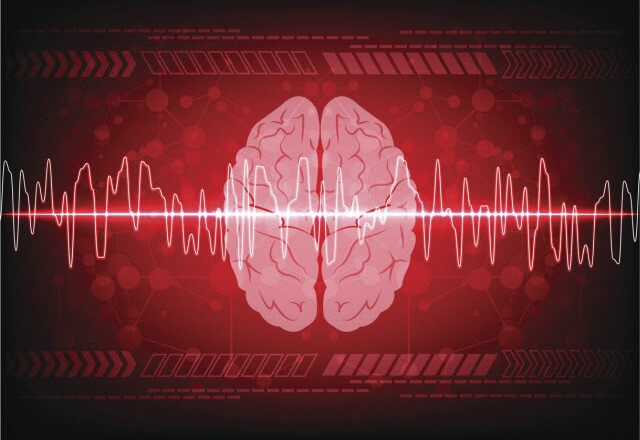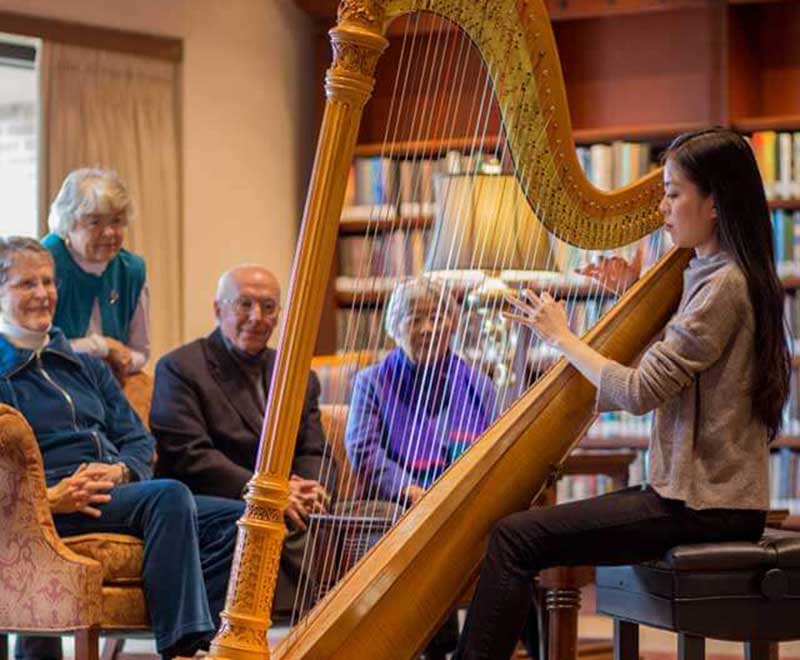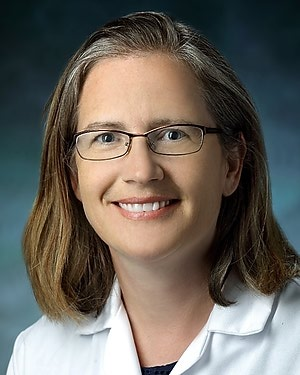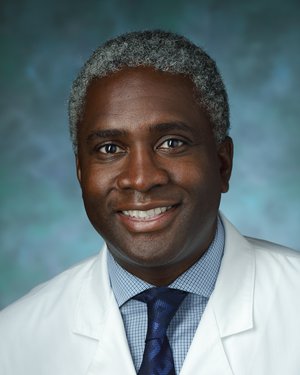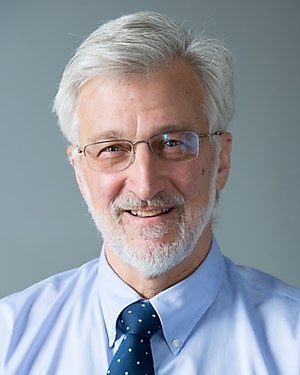Conditions We Treat: Parkinson's Disease
Parkinson’s disease is a progressive movement disorder that affects more than half a million people in the United States and up to 1% of people age 60 and older. Johns Hopkins’ Parkinson’s Disease and Movement Disorders Center is a Parkinson’s Foundation Research Center of Excellence, leading the way in research and new treatments that provide hope.
Why Choose Johns Hopkins
- Our team offers the newest and most effective therapies to address Parkinson’s disease symptoms, from carbidopa/levodopa infusion therapy and laser ablation of brain lesions to deep brain stimulation and transcranial direct current stimulation.
- World-class neuroscientists at Johns Hopkins are exploring the biochemical pathways involved in Parkinson’s disease, yielding greater understanding of the disease and paving the way for new treatments.
- Top specialists in neurology, neurosurgery, physical therapy, speech and swallowing, occupational therapy and mental health work together to improve quality of life for people with Parkinson’s disease.
- Our Parkinson’s disease center is a leader in establishing benchmarks for quality care and educating physicians, patients and caregivers.
What to Expect
The first step is a clinical evaluation with a multidisciplinary team of experts who listen to you and help assess the impact of Parkinson’s disease on your life and health. Based on this data, you and your care team will create a custom treatment plan to address your symptoms, which may include:
- Muscle rigidity, tremors and slow movement
- Balance and posture problems
- Difficulties in speech and swallowing
- Eating and digestion problems
- Issues with regulation of blood pressure and urinary and bowel function
- Mood changes or other psychiatric symptoms
Your mental health and well-being are essential to your overall well-being, so our team will work with you to address sensory disturbances and problems regarding mood, anxiety and sleep.
Drugs and drug combinations can address the symptoms of Parkinson’s disease, and everyone responds to these agents differently. You and your team will work together to find the most appropriate agent and delivery system (pump, infusion, fast-acting injection, etc.) or help adjust the type or delivery system of medications you are already taking.
Medications alone might not control your movement symptoms. Your treatment plan may include some of the following therapies:
- Physical, occupational or speech therapy with certified LSVT providers
- Carbidopa/levodopa infusion therapy
- Laser ablation of brain lesions
- Deep brain stimulation, including procedures with MRI guidance if sedation is needed
Nonmovement symptoms are also addressed with specific treatments, sometimes in collaboration with other Johns Hopkins providers who have expertise in Parkinson’s disease. For instance, we may refer you to a Parkinson’s-experienced provider in the following fields:
- Neuropsychology
- Psychiatry
- Neurosurgery
- Urology
- Gastroenterology
- Physical and occupational therapies
- Speech and language pathology
- Genetics
Because you might have difficulty traveling to Johns Hopkins, in some instances, follow-up visits might be offered via telemedicine, a program pioneered by Emile Moukheiber, M.D. This would allow you to visit with your doctor virtually, via a computer with internet connection.
As a Parkinson’s Foundation Research Center of Excellence, patient education is part of our core mission. A dedicated educator helps patients access educational materials and local resources, provides counseling, and runs support groups and seminars.
A diagnosis of Parkinson’s disease can cause confusion and concern. Our team keeps you and your loved ones at the forefront of all clinical decisions. We’ll help you understand potential risks and benefits for each treatment, so you can make informed choices.

